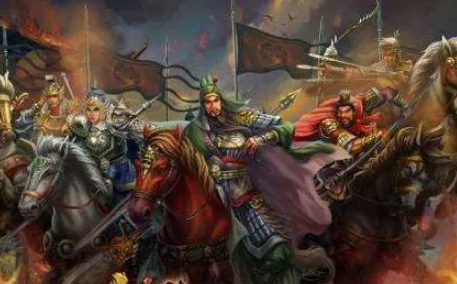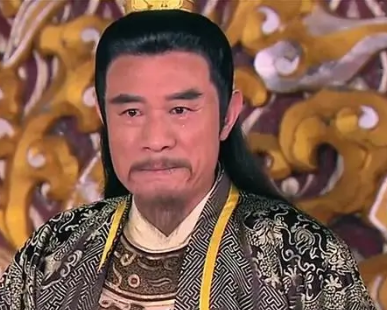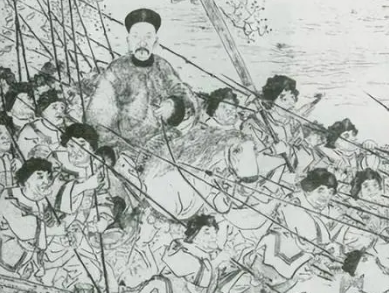Wu Zetian, the only female emperor in Chinese history, her name is closely associated with her ruling talent and desire for power. Then, why did Wu Zetian want to be an emperor? How did this idea arise?

Wu Zetian was born into a prestigious family, intelligent and beautiful since childhood. She was selected to enter the palace when she was young, becoming a talent of Emperor Taizong of Tang, and later rose to the position of Empress. During this time, Wu Zetian demonstrated her political talent and ambition. She not only participated in the government but also actively expanded her influence, laying the foundation for her future path to power.
As time went on, Wu Zetian's political ambitions gradually emerged. After Emperor Gaozong of Tang ascended to the throne, she, as Empress, began to intervene more actively in the government. As her husband's health declined, Wu Zetian began to exercise imperial power and handle state affairs. During this period, her political talent was fully utilized, and it also strengthened her desire for the throne.
In addition, Wu Zetian's personal charm and political maneuvering were also important reasons for her ability to ascend to the throne. She was adept at utilizing the contradictions within and outside the palace, rallying a group of loyal supporters, and skillfully eliminating potential opponents. In this process, her power gradually surpassed the emperor, making her the actual ruler.
Finally, in 690, Wu Zetian officially abolished Emperor Ruizong of Tang and proclaimed herself emperor, changing the country's name to Zhou and establishing the Wu Zhou Dynasty. At this moment, her ambition became a reality, and she became the only female emperor in Chinese history.
In conclusion, Wu Zetian's ambition to be an emperor gradually emerged from her long-term political career. Her talent, ambition, personal charm, and desire for power collectively propelled her to the throne of supreme power. Wu Zetian's story is not only a history of personal struggle but also a microcosm of gender and political changes in ancient Chinese society.
Disclaimer: The above content is sourced from the internet and the copyright belongs to the original author. If there is any infringement of your original copyright, please inform us and we will delete the relevant content as soon as possible.































